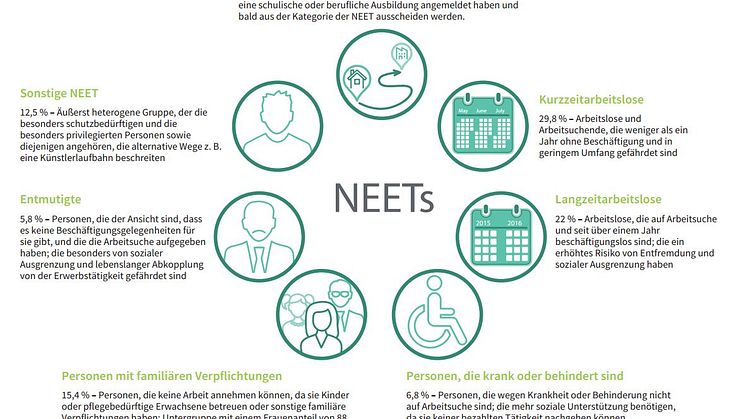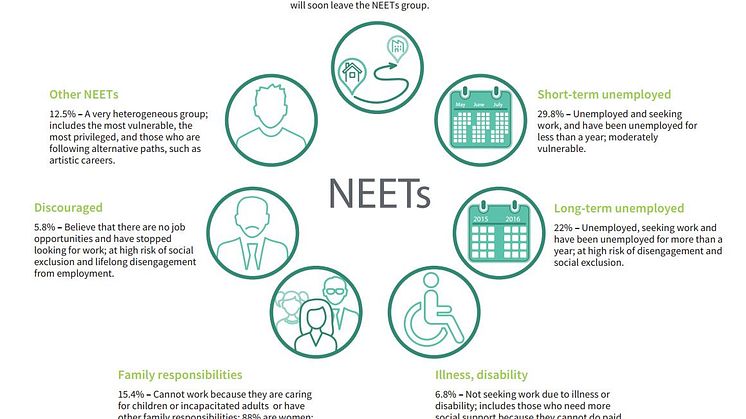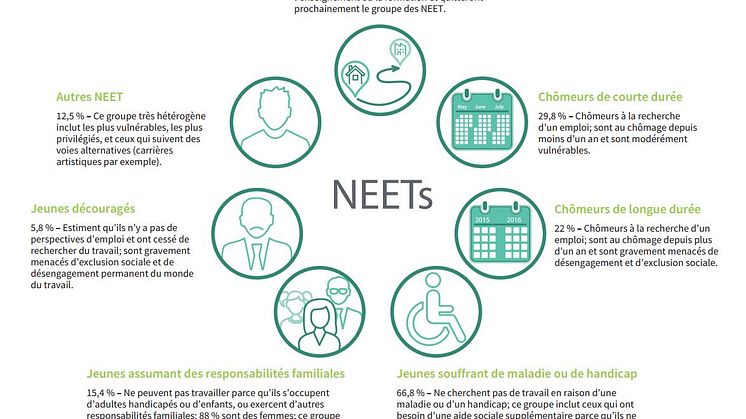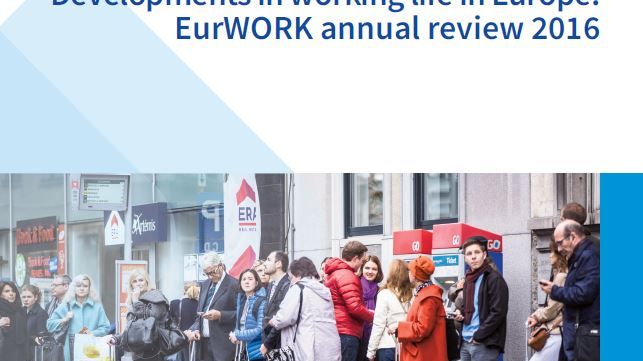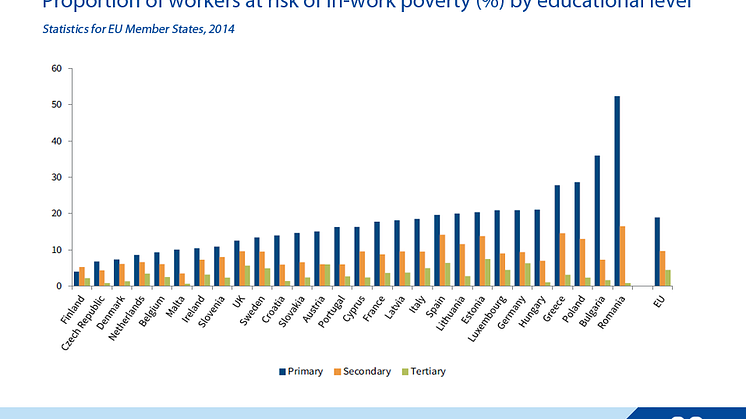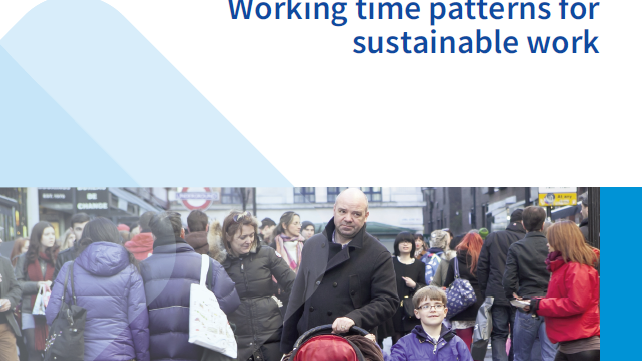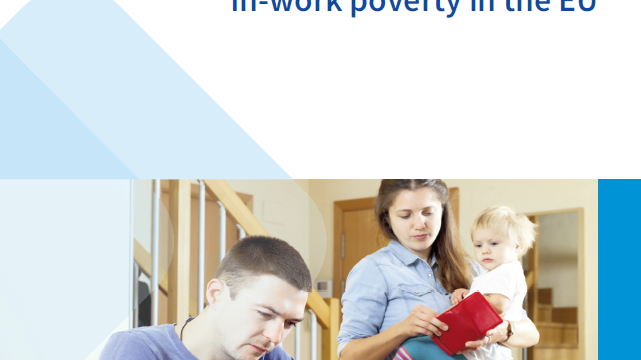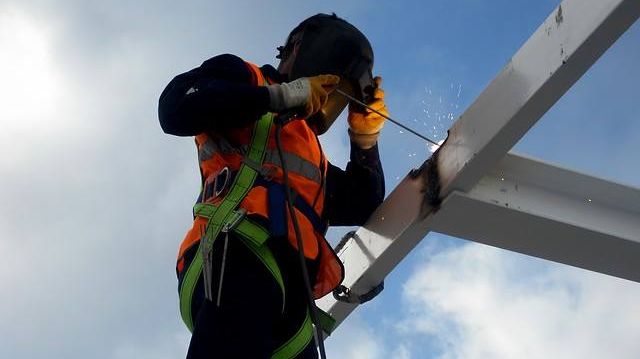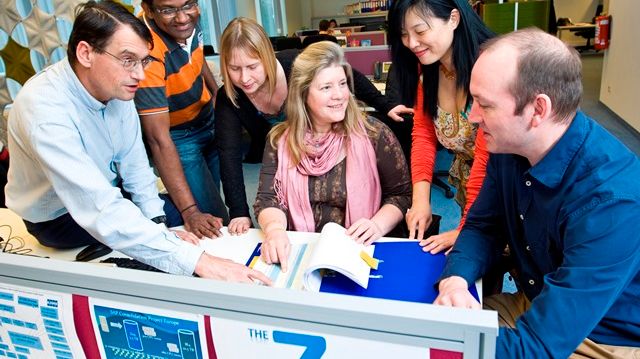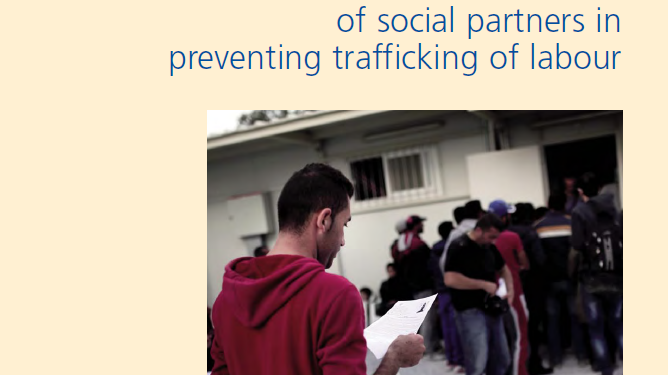Wer sind die jungen Menschen, die weder eine Arbeit haben noch eine schulische oder berufliche Ausbildung absolvieren?
Die Kategorie der NEET ist breit angelegt und deckt eine heterogene Bevölkerung ab. Um die verschiedenen Merkmale und Bedürfnisse der Untergruppen besser verstehen zu können und maßgeschneiderte wirksame politische Strategien zur Wiedereingliederung in den Arbeitsmarkt oder das Bildungswesen entwickeln zu können, ist es wichtig, eine Aufschlüsselung in Untergruppen vorzunehmen.
